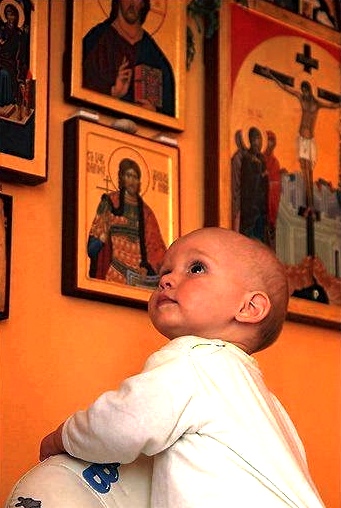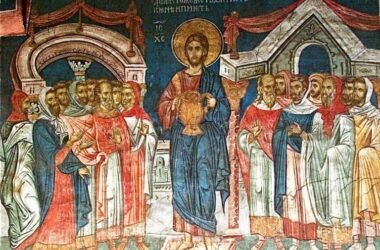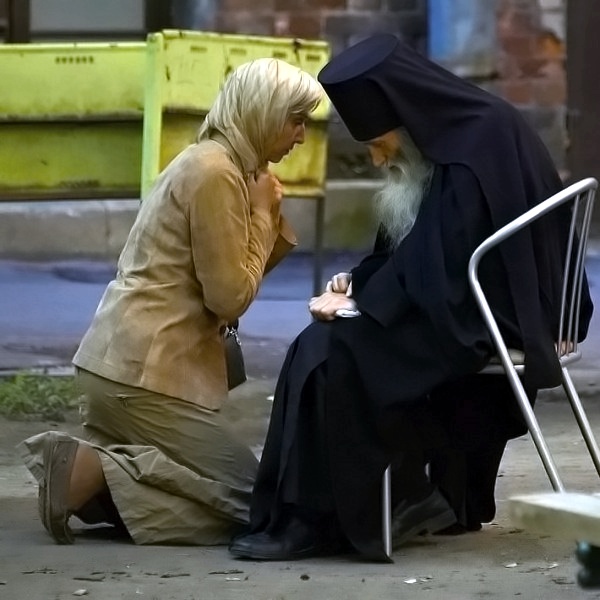Between persons, families or even members of the same family, between groups of different people and neighboring or distant peoples the human relationships are changing: from long term friendships and empathy to enmities and open conflicts. Very rarely we remain impassible at the communication and relationships of proximity. The friendships are born and grow on the background of good deeds which are mutually shared and gratitude consolidates the pure friendships.
But how can we manage the situation when almost all of a sudden people who had had reasonable relationships become enemies, having severe reproaches and warrior inclinations? Discords of proximity burst all of a sudden in the space of domestic daily matters.
But we find out surprised sometimes that we have some unknown enemies who harm us without upsetting them, they despise us for the way we think, for our beliefs and ideals, for our way of living in the world. Being Christians and reflecting upon our human sins and weaknesses we apply the medicine of the words of our Saviour, Jesus Christ: ` But love your enemies, do good to them, and lend to them without expecting to get anything back. Then your reward will be great, and you will be children of the Most High, because he is kind to the ungrateful and wicked.` (Luke 6, 35).
The faithful listen to the divine commandments and try to apply them; they bear with dignity the cross of patience, of prayer and love for all the people, but they relate themselves in a special way to their enemies: they don`t answer with a bad thing for a bad thing, they are not glad of their unhappiness, they repay the bad with the good, they help them and pray for them trying to defeat them by meekness and kindness.
In a prayer inspired from the Holy Scriptures and the martyr vocation of the Christians, Saint Nikolai Velimirovitch calls the enemies `our severe friends.“ He sees their benefic role on the path of our penance and pray to God to multiply their number for our spiritual benefit.
From acknowledgement of the fact that he must not get attached of this ephemeral life, the ascetic receives the blows of the enemies as some ascetic struggles.
On the Day of Resurrection we call brothers those who love us, but also those who hate us, with the hope of destroying the walls of enmity and seeking harmony and peace with all the people.
In a predominantly Christian society the love of the enemies can`t mean the abandonment inclusively at social level of the Christian values, the ignorance of justice and the acceptance of the dictatorship of evil.
The most disturbing words uttered with absolute humbleness in a state of pain and trial do not separate the forgiving of the bad one of justice:
` “Father, forgive them, for they do not know what they are doing.” And they divided up his clothes by casting lots.` (Luke 23, 34), `Lord, do not hold this sin against them.` (Acts 7, 60).
At the light of the crucified love, the dirtiness of the sin is seen in its entire horror. He causes his sun to rise on the evil and the good, but His justice and truth remain over ages.
By trial He saves us of our visible and invisible enemies:
Then my enemies will turn back when I call for help. By this I will know that God is for me. (Psalm 55, 9).
That is why the special prayers for enemies from the end of the Holy Liturgy call us to look first a tour own sins and ask for absolution of mistakes but always remember our `severe friends` to be turned by God from enmity, hate and discord to peace of soul and love for our fellows.
Priest Nicolae Dascălu
Source: http://ziarullumina.ro






